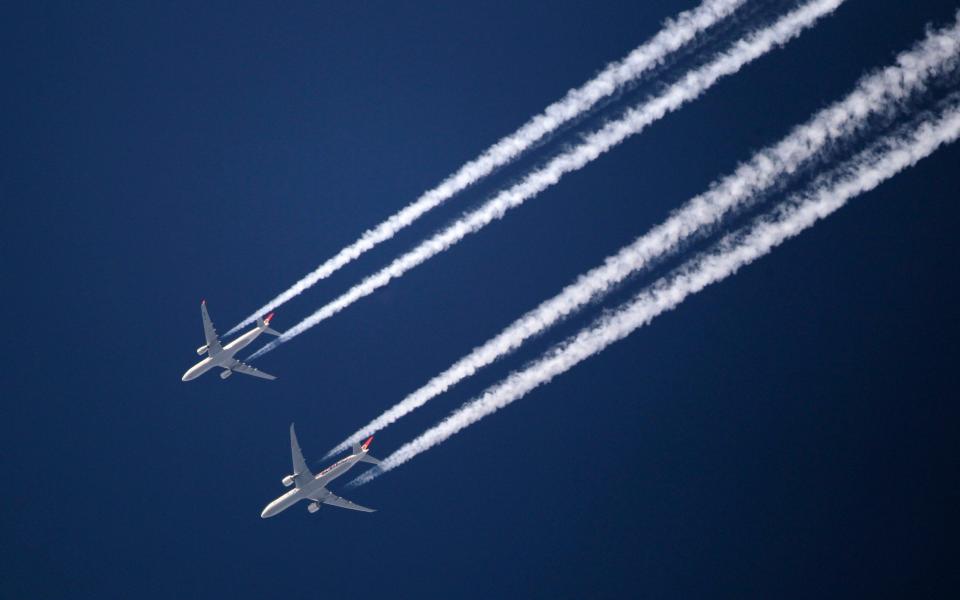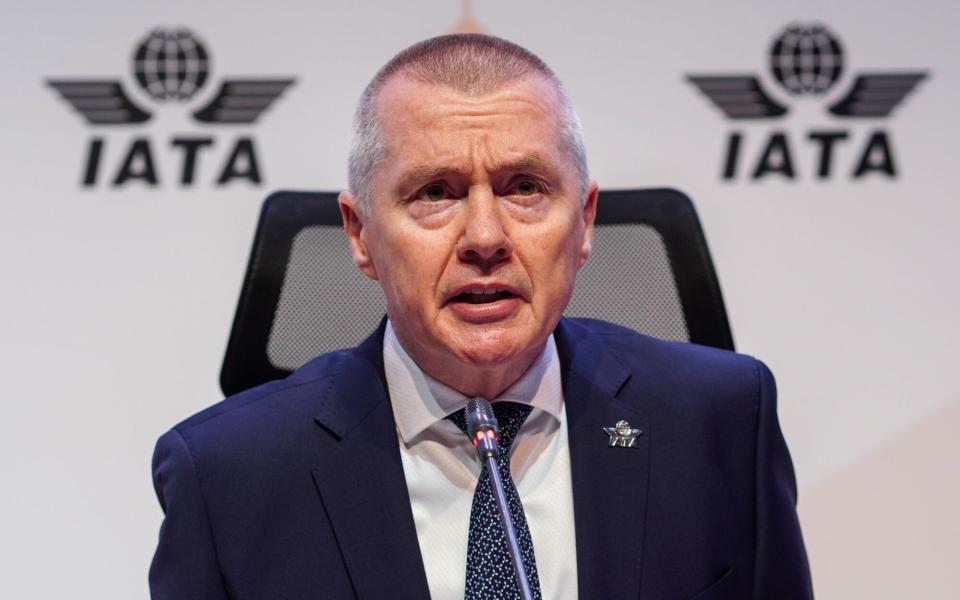EU suffers backlash over plan to monitor aircraft contrails

The world’s largest airlines are urging Brussels to reconsider plans to monitor contrails, as they claim the science of how they contribute to global warming isn’t yet fully understood.
Global carriers are concerned that rules requiring the industry to monitor vapour trails will impose a huge burden in terms of data gathering and lead to false conclusions around climate change.
Willie Walsh, director general of the International Air Transport Association (IATA) lobby group and the former boss of British Airways, has written to EU politicians warning of “growing concern across the airline community” about the requirements.
He said: “The proposal risks creating a regulatory burden that will require airlines to provide large amounts of data for all flights, with an insufficient potential for positive environmental impact.”

While contrails are one of the most visible elements of an aircraft’s emissions, often seen criss-crossing the skies, their contribution to climate change is far less understood than that of carbon dioxide.
According to some scientists, they may be responsible for two thirds of the industry’s contribution to global warming by leading to the formation of high altitude clouds that stop heat escaping Earth’s atmosphere, dwarfing the contribution of burning jet fuel.
However, other research suggests that under certain conditions contrails can reflect the sun’s heat back into space, helping to keep the planet cooler.
The new EU rules will require airlines to quantify and report non-carbon emissions, including those from contrails, nitrogen oxides and sulphur, for all flights taking off from within the bloc from next January.
Mr Walsh urged Brussels to make the scheme voluntary and to limit its scope to flights only within the EU.
The EU currently requires airlines to disclose the amount of CO₂ they release into the atmosphere and imposes a charge on flights within the bloc.
A mechanism for discouraging non-CO₂ emissions would most likely adopt a similar model.
IATA is concerned that the contrail-monitoring scheme may not result in a reduction of aviation’s climate impact, a spokesman said.

 Yahoo Finance
Yahoo Finance 